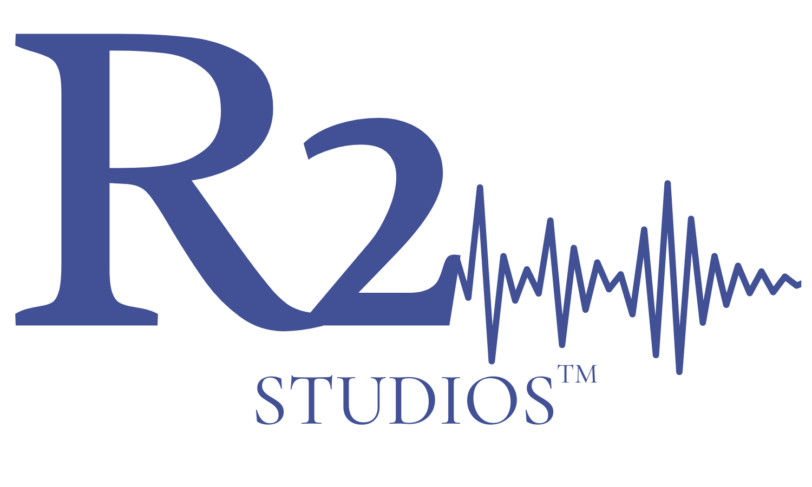
Antisemitism, U.S.A.
Thursday, May 23, 2024
Thursday, May 23rd
6:50pm ET Virtual Doors | 7:00 pm ET Program Start
Live on Zoom
Free, Recommended $10 Donation | Registration Required
Click Here to Support Weitzman Public Programs
“Antisemitism, U.S.A.” is an essential online conversation event featuring key contributors from the upcoming podcast of the same name, including noted scholars Mark Oppenheimer, Britt Tevis, Zev Eleff, Lincoln Mullen, Sarah Imhoff, and Kirsten Fermaglich. An official program of Jewish American Heritage Month, this event provides a deep dive into the pervasive issue of antisemitism in American history and its implications today. The panelists, each bringing their unique expertise, will explore the historical roots, evolution, and modern manifestations of antisemitism within the U.S., discussing its intersection with race, politics, and religion. This enriching dialogue, inspired by the soon-to-be-released podcast, aims to enhance understanding of antisemitism’s complexities and persistence, equipping attendees with a better grasp of its impact on society and encouraging active engagement in combating prejudice and fostering inclusivity. Join our panel of experts, and hosts of the Antisemitism, U.S.A. podcast for this conversation.
About The Podcast
Antisemitism has deep roots in American history. Yet in the United States, we often talk about it as if it were something new. We’re shocked when events happen like the Tree of Life Shootings in Pittsburgh or the Unite the Right Rally in Charlottesville, but also surprised. We ask, “Where did this come from?” as if it came out of nowhere. But antisemitism in the United States has a history. A long, complicated history. A history easy to overlook. Join us on Antisemitism, U.S.A., a limited podcast series hosted by Mark Oppenheimer, to learn just how deep those roots go. Coming this summer from R2 Studios, part of the Roy Rosenzweig Center for History and New Media at George Mason University.
More About The Speakers
- Zev Eleff is President of Gratz College and Professor of American Jewish History in Melrose Park, Pennsylvania. A prolific scholar, Eleff holds an international reputation for academic rigor and sophistication. He is the author or editor of 14 books and more than 120 articles in the fields of Jewish Studies and American Religion. Eleff’s research in American Jewish history has received numerous awards, including the American Jewish Historical Society’s Wasserman Prize and the Rockower Award for Excellence by the American Jewish Press Association. He is also a two-time finalist for the National Jewish Book Award, and a member of the Academic Council of the American Jewish Historical Society.
- Kirsten Fermaglich has been teaching history and Jewish Studies at Michigan State since 2001. Their interests center around the historical meanings and problematic nature of ethnic identity in the United States: they are particularly interested in secular Jews as both members of and outsiders to the Jewish community. I am also interested in the ways that gender, race, class, and family intersect with ethnic identity. They are currently researching academic Jewish migration to college towns throughout the United States in the post World War II era. Their most recent book, A Rosenberg by Any Other Name (NYU Press, 2018), explores the history of name changing in the United States in the twentieth century. A Rosenberg by Any Other Name received the Saul Viener Prize for the best book in American Jewish history from the American Jewish Historical Society in 2019.
- Sarah Imhoff’s research asks questions about how bodies and their attributes, such as gender, race, and ability, shaped and are shaped by religion. Underwriting many of their research projects are questions about how embodiment makes religious meaning, and how religious discourse makes bodies. Their first book, Masculinity and the Making of American Judaism, argues that American Jewish men in the early twentieth century were gendered differently from American norms, and that this masculinity helped acculturated Jews argue for the value of an American Judaism. Their current research project is a hemispheric history of Judaism in the Americas, bringing together the stories of Latin America and the Caribbean with those of North America.
- Lincoln Mullen is a historian of American religion. He is a professor of history at George Mason University, and the executive director of the Roy Rosenzweig Center for History and New Media, a research center which creates websites, podcasts, educational resources, data-driven histories, and other open-access digital work to democratize history. He is the author of The Chance of Salvation: A History of Conversion in America (Harvard University Press, 2017) and America’s Public Bible: A Commentary (Stanford University Press, 2023).
- Mark Oppenheimer is the author of five books, most recently Squirrel Hill: The Tree of Life Synagogue Shooting and the Soul of a Neighborhood. He has taught at Yale, Stanford, and NYU, and in June he joins Washington University of St. Louis as professor of practice and the editor of the journal Religion & Politics. In May 2025, Putnam will publish his biography of the novelist Judy Blume.
- Britt P. Tevis, J.D./Ph.D., is an American Jewish historian whose work focuses on the intersection of Jews and American law with a special emphasis on the study of antisemitism. Her work has appeared in American Jewish History, American Journal of Legal History, and the Journal of American History.
More About The Moderator
- John Turner teaches and writes about the the place of religion in American history. He came to George Mason University in 2012, having earned a Ph.D. in American History from the University of Notre Dame and a Masters of Divinity from Louisville Presbyterian Theological Seminary. Previously, he taught at the University of South Alabama.
______________________________________________________________________________________________
This program is presented by the Weitzman National Museum of American Jewish History in partnership with R2 Studios and the Roy Rosenzweig Center for History and New Media.



